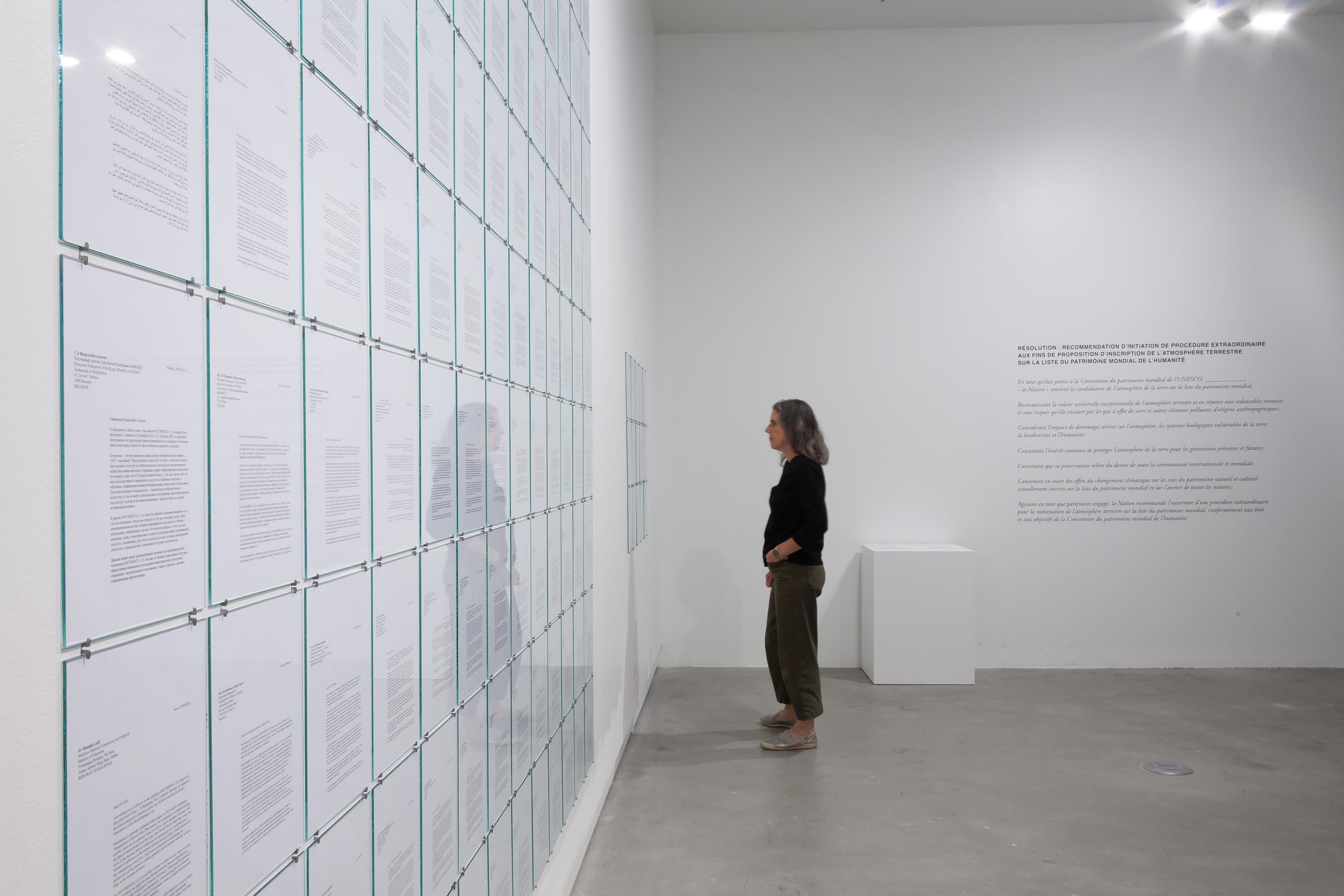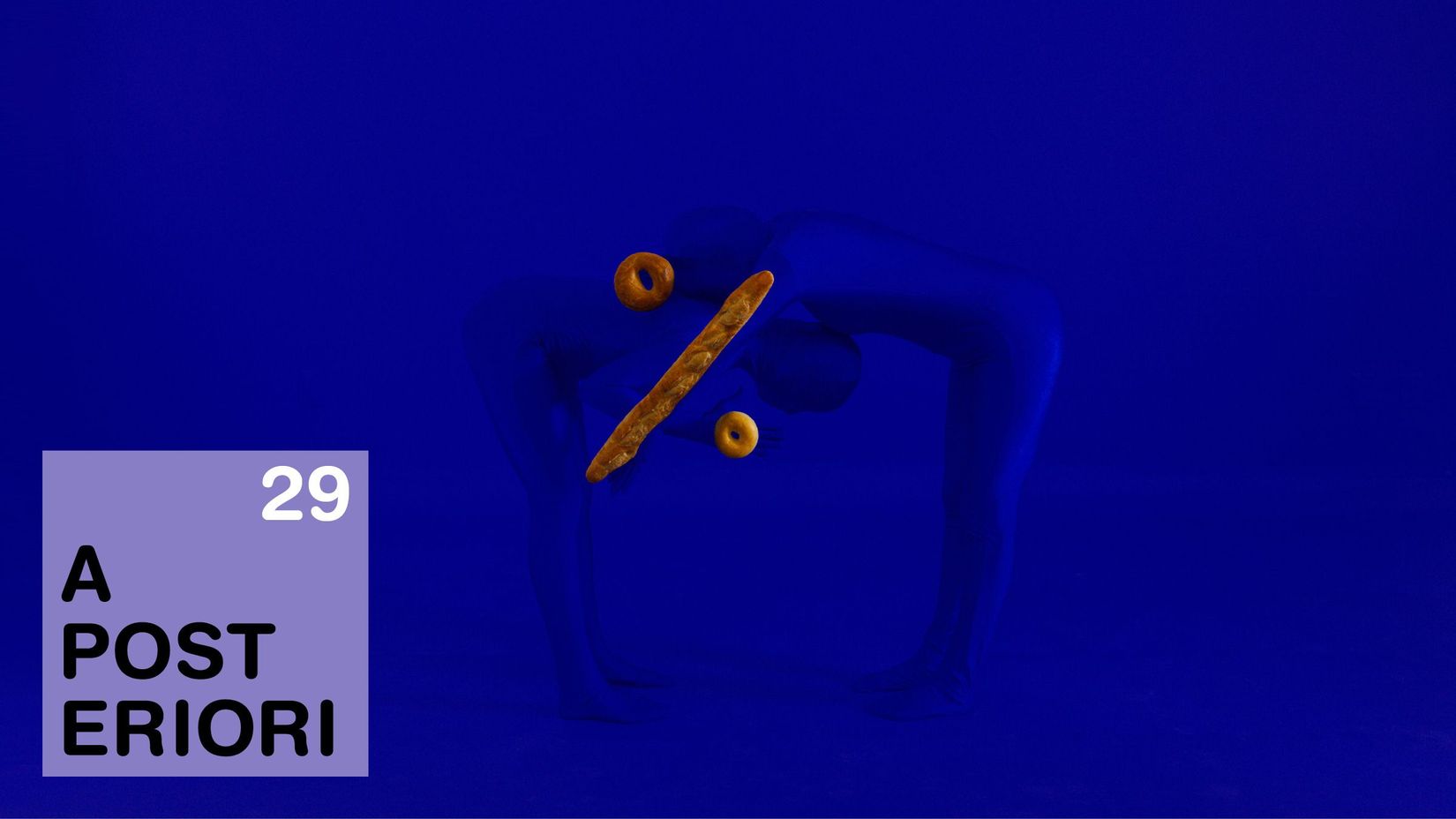
The Radical Imaginary II: Reclaiming Value
2022.09.09 - 12.03
This exhibition and its accompanying events and texts speak to an attempt to produce “finance-proof” knowledge–that is to say, a space in which to consider the notion of value and its forms that is immune to the economic categorical imperative. That imperative, of course, is that of growth and profitability: the dominion of measurement, of the readability of indexes, of statistical commensurability. The economy, in that sense, has been the supreme watchword of modernity, legitimizing the functional unification of the world under the aegis of Capital, as well as the rules for its continual optimization. Under its banner are aggregated all the relationships that “count”–including ecosystemic services.
The works shown here assert artists’ ability to act both within and outside the institutions of art in rethinking the question of value at the end of the economy as we have known it. They allow us to explore various ways of destituting the economic structures that govern us and hold us captive, and of promoting the establishment of others–speculative and fabulatory, metastable and localized–capable of resisting the ambient institutional morosity and enabling us to envision new collective incorporations congruent with the challenges of our time.
This exhibition is the second component of Radical Imaginary, a research axis initiated in 2018 about the Institution and its history.
“Un-working” or reclaiming value?
A conversation with Erik Bordeleau, François Lemieux, Marilou Lemmens and Bernard Schütze.
This conversation reflects on the research from 2019 to 2022 that led to the development of the exhibition L’imaginaire radical II : désœuvrer la valeur/Reclaiming Value, a discursive program and publications.
M. L.: In 2019, the team at VOX asked us to envision an exhibition to be presented as part of the work cycle The Radical Imaginary, a series of exhibitions exploring the stances that artists have taken vis-à-vis certain institutions and their histories. From the start, we determined that the economy would be the institution studied for this second iteration, but we also wanted to do more than just an exhibition. We hoped to employ other means of communication and exchange to arrive at a multiplicity of perspectives on economic and financial practices, issues of governance, and environmental challenges.

The title of the exhibition, Désœuvrer la valeur/Reclaiming Value, is two-faced like the god Janus, and gives a good sense of the binary movement driving our project. It is about value, its forms and its impacts in the recent past–primarily in the last 10 to 15 years–but also about a desire to look ahead, to a future that is sensitive to the social and political forces that come into play in developing or dismantling certain versions of the economic imperative and its imaginary.
To start with, we could ask ourselves: how was the question of value addressed as part of this project and how was it articulated around the four main focus areas of our thinking?
B. S.: Yes, I think it’s important to look back at how we delineated the question of value and stated that desire to simultaneously “un-work” it (in French, désœuvrer) and reclaim it anew. The guiding principle désœuvrer la valeur conveys a slight friction of meaning that generated the spark of our self-proclaimed “electric squad.” It suggests an action that deactivates, unmakes and renders inoperative, therefore opening onto new possible uses, per the expression borrowed from Giorgio Agamben. In our title, using valeur (understood here as the field of the financialized economy and of its operational codes and modes) right after the verb désœuvrer effects a drift to a differently coded ground, namely that of art. Insofar as art, a field of “unproductive productivity” in terms of economic usefulness, is engaged in suspension of ordinarily prevailing functions so as to invent other possible ones (codes, modes), it is a privileged space for “inoperative operations.”
Since that tension created by the verb désœuvrer is fiendishly difficult (impossible, even) to transpose into English, in the end, after lengthy discussions, we opted for the translation “reclaiming value.” Like its counterpart in the French title, the gerund reclaiming opens up a polysemic field of action at the intersection of art, politics and finance. The verb refers to more than the action of demanding a right, something owed, a commodity, etc., as the French réclamer does; it also contains the noun/verb claim, which is fraught with meaning in the area of finance, where it can refer to a title or right of property, an asset or a debt. And these are issues that are critiqued by many of the works we are presenting. So I find that this bilingual title, in metastable equilibrium, sums up the spirit of our project well.
But let’s return to the four theoretical focus areas we defined. To remember their names, I applied a mnemonic that uses letters; namely, D/E.M.O.S/F., for: 1) decolonize/ecologize; 2) measure; 3) organize; 4) speculate/fabulate. Looking back to the fall of 2019, when we were in a pre-pandemic and pre-war period, it’s striking the extent to which those four markers served us well, both for delineating the theoretical issues around value and for selecting the works.
E. B.: Thank you, Bernard, for unpacking that title, which is about a destitution as well as being programmatic, as you suggest. We’ve been working together on this exhibition for quite a while now, and yes, a lot of things have happened since the earliest days of the project. As concerns our four-fold exploration, I would say that spontaneously I related to the “speculate/fabulate” and “organize” areas: my involvement in the project has been inseparable from a deep dive into Web 3.0 and cryptoeconomics and, more generally, an investigation into the mode of existence of finance and its futurial activation potential. There is a remark by Yanis Varoufakis that I find useful for gaining a better understanding of what all this means. In this book on economics written as a series of letters to his daughter (Talking to My Daughter About the Economy: Or, How Capitalism Works–and How It Fails, Farrar, Strauss and Giroux, 2017), the former Greek Finance Minister uses brilliant imagery to describe the mechanism of currency issuance and its distinctive relationship to the future. Bankers, he explains, are the only people in the world today with the authority to travel into the future and bring units of value back to the present. In a similar vein, Tom McCarthy notes in his magisterial novel Satin Island (Knopf, 2015) that every sales pitch implies a ritual invocation of the future, so ultimately, the entirety of our socio-economic organization depends on this. As a matter of fact, if one were to give a minimal, provisional definition of what finance is and how it acts upon our lives, one could start by acknowledging that it leaves a mark wherever we draw the future a little too strongly toward the present.
I enjoy these sorts of pseudo-ethnographic fabulations because, in revealing the tenor of our “beliefs in this world,” they also help us to embrace “the future as cultural fact,” as Arjun Appadurai has written. I think this is an essential condition for “un-working” value and, in so doing, perhaps thwarting some of its capture mechanisms. […]
F. L.: When talking of speculation, we of course can’t ignore financial bubbles and the way they pertain to what Bruno Latour calls the “temptation of the above-ground.” “Un-working” value, in that context, would mean considering practices rooted in the here and now of communities that organize materially and that react, blow for blow, to attempts at capture by Capital. These issues are expressed, for example, through art projects that condemn economic violence and its effects, be it at the corner of Sainte-Catherine Street and “The Main,” in the morgues of the St. Lawrence River Valley, in beehives and forests, in the context of high-frequency trading, in the arcana of international law, or in the wake of the recent financial crises. Désœuvrer la valeur/Reclaiming Value is meant as a mutable project in progress–an invitation to experiment and give ourselves the means to shape what “counts” at the end of the economy.
This exhibition is presented with the kind collaboration of galleries ADN Galería and Unit 17, Marie-Pier Beauséjour, Mia Donovan, Angela Grauerholz, the Janson family, and the Sex Work Autonomous Committee (SWAC). It is made possible in part by the financial support of the Caisse Desjardins de la Culture and AC/E’s Programme for the Internationalisation of Spanish Culture (PICE).
Spirale magazine is partnering with VOX to publish a special issue entitled “Repenser la valeur à la fin de l’économie” in No. 281. Now available at VOX, in newsstands and online. The full version of this text appears in Spirale, in French only.
Also, stay tuned for an upcoming special issue of Le Merle!
